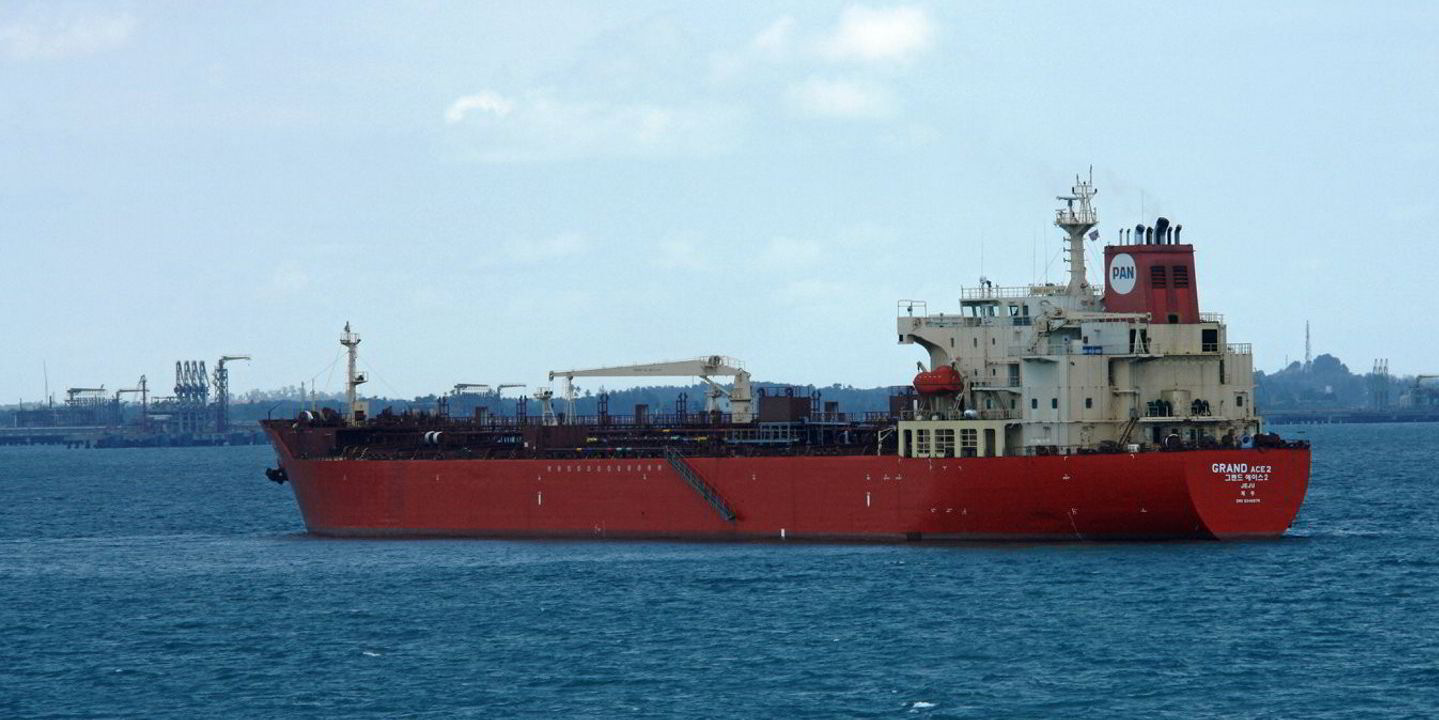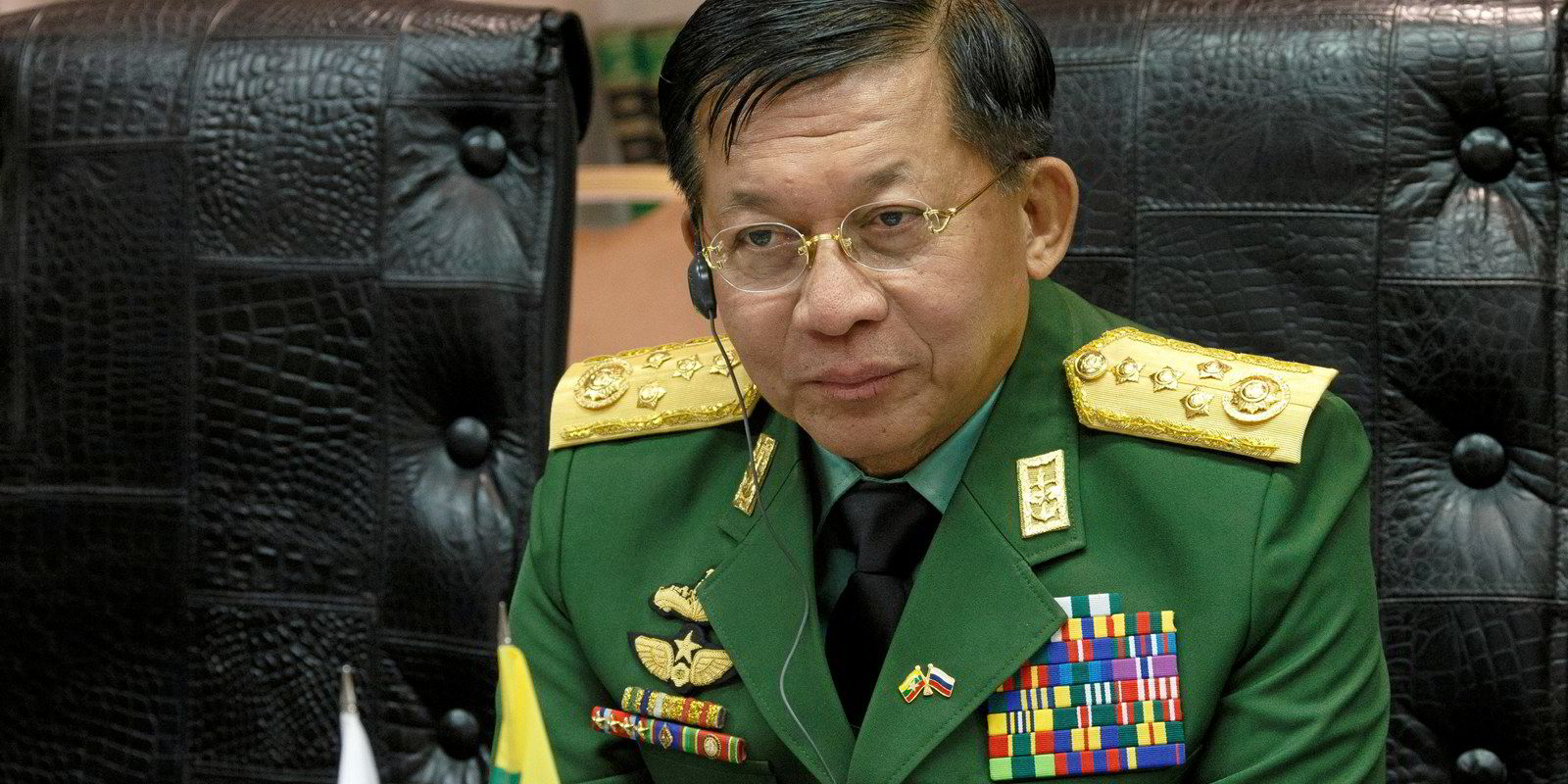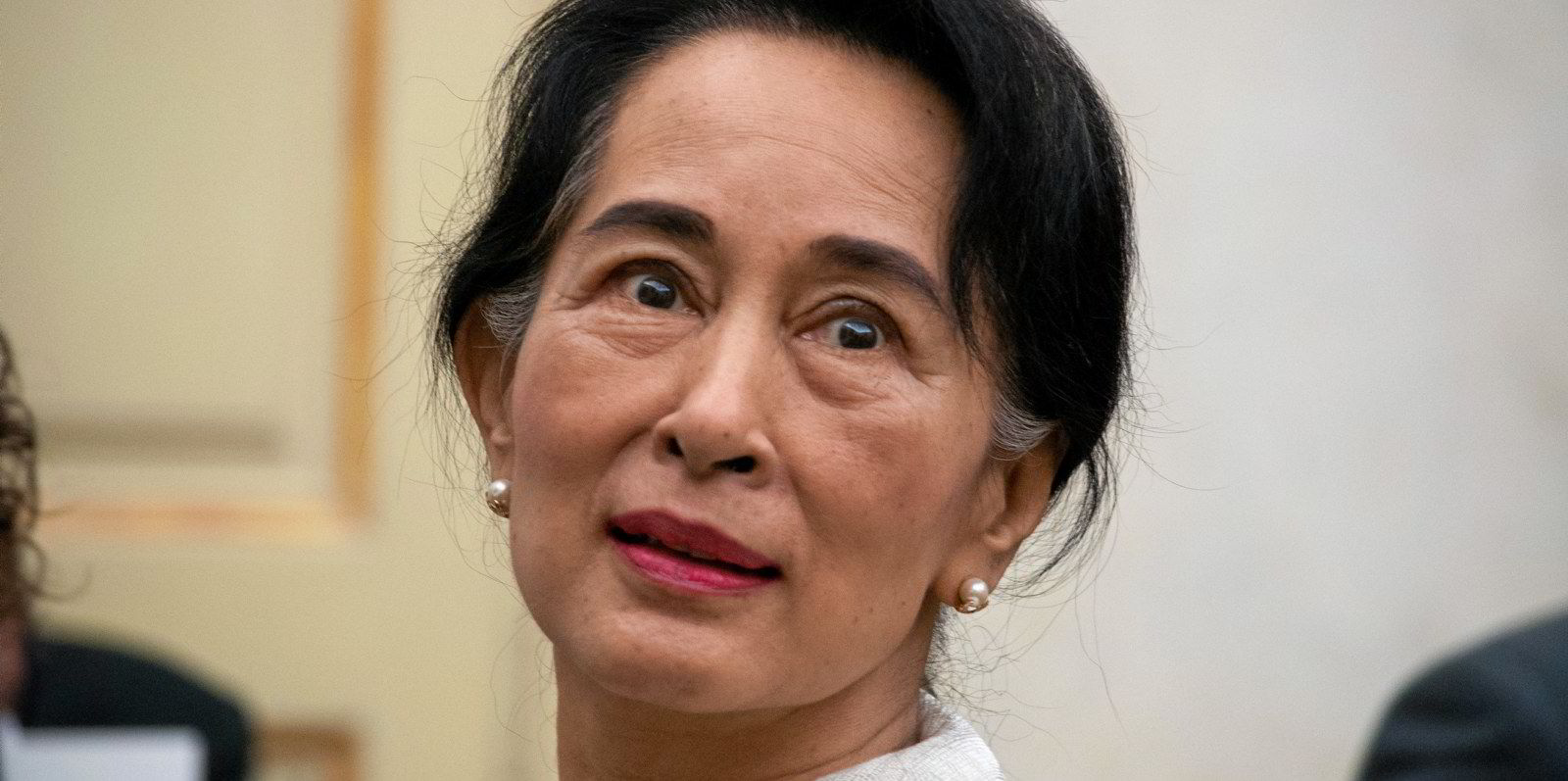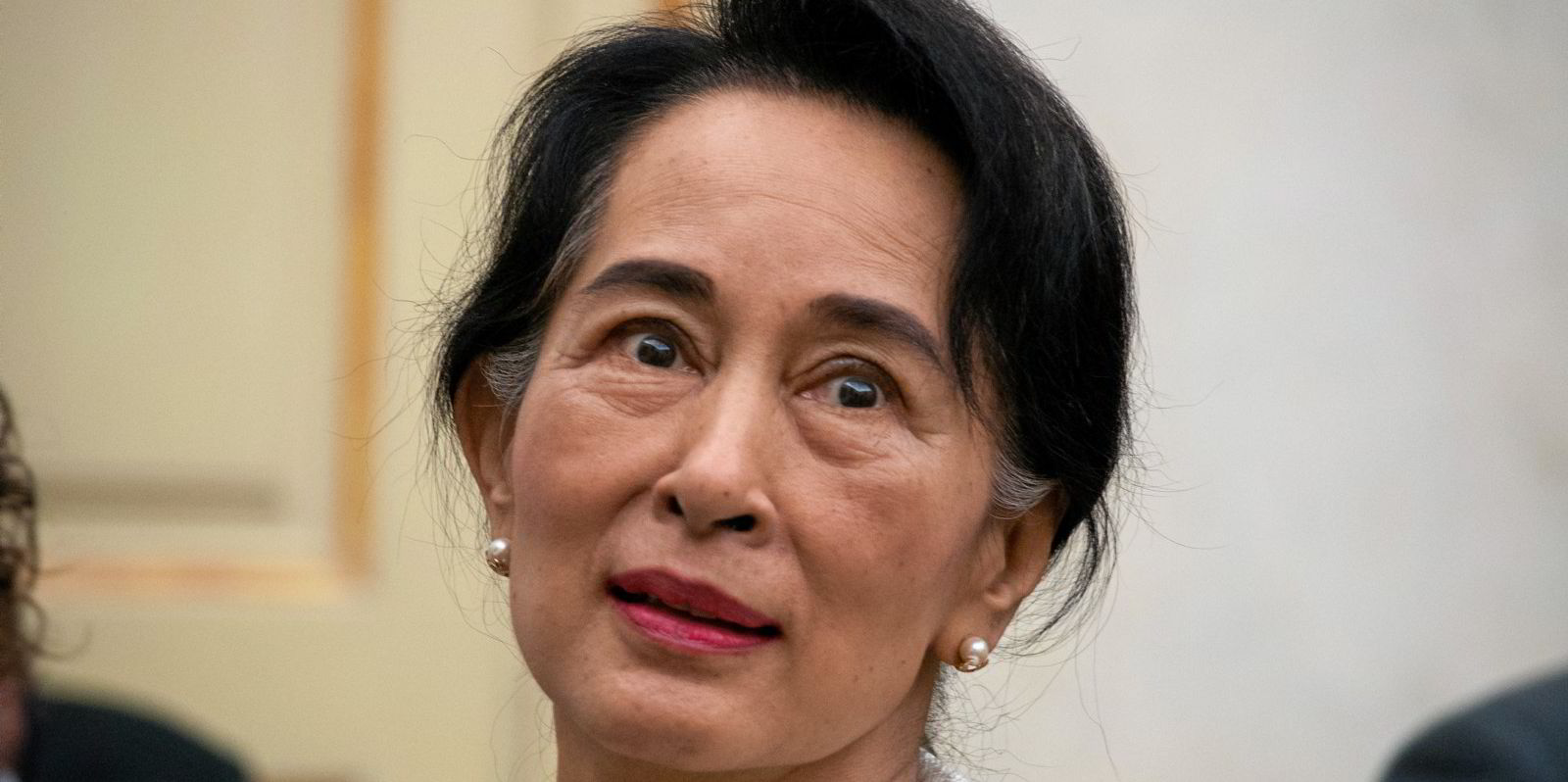Trafigura-controlled Puma Energy and South Korean shipowner Pan Ocean have backed out of Myanmar business after a series of supposedly civilian jet fuel shipments went to fuel military attacks on civilians.
The moves came after prodding by international human rights watchdog Amnesty International, which last week released a detailed investigation of the supply chain fuelling the Myanmar Air Force (MAF) and its alleged war crimes.
These most recently included the slaughter of 11 civilians, mostly children, at a school and monastery in Myanmar’s Sagaing region on 16 September.
The 152-page Amnesty report entitled Deadly Cargo: Exposing the Supply Chain That Fuels War Crimes in Myanmar uses multiple sources of information to investigate the ultimate use of eight product tanker shipments of some 98,000 tonnes of jet fuel into the port of Thilawa at Yangon.
Amnesty with its fellow NGO partner Justice for Myanmar is now calling for fuel suppliers and shipping companies to take responsibility for the uses to which their cargo is being put. It wants the international community to ban all supplies of jet fuel to Myanmar.
Puma Energy and Pan Ocean ceased supplying the MAF directly around the time of the February 2021 coup, in which a military junta seized power.
But Amnesty found that the MAF was the actual recipient of a series of supposedly civilian jet fuel shipments since then. It also blamed the Trafigura subsidiary for earlier MAF attacks on civilians.
The report spotlights six shipowners, Shipping Corp of India, Japan’s Eneos, Singapore-based Maxwell Ship Management, China’s Maple Leaf Shipping and Thailand’s Prima Marine, all of which have been contacted for comment in addition to Pan Ocean. It also documents the involvement of port agents and maritime insurance underwriters.
But it focuses most closely on Puma Energy and its Myanmar-controlled partner Asia Sun Group.
Since 2015, Puma Energy had imported fuel to Myanmar through wholly owned Puma Energy Asia Sun (Peas) and distributed jet fuel within the country through National Energy Puma Aviation Services (Nepas), in which it held a 70% share.
But a Puma Energy spokesman said it sold its Myanmar businesses to “a locally owned private company” in October.
“We have not supplied, sold or distributed any fuel or products to the MAF since January 2021,” wrote the Puma Energy spokesman.
Vessel | Owner or disponent | Date of call |
20,000-dwt Yu Dong (built 2018) | Maple Leaf Shipping (CN) | 15 April 2021 |
19,000-dwt Santya (now Volta, built 2013) | Eneos Ocean (JP) | 27 June 2021 |
51,200-dwt Swarna Mala (built 2010) | Shipping Corp of India (IN) | 7 December 2021 |
34,700-dwt Synergy (built 2020) | Maxwell Ship Mgmt (SG) | 21 December 2021 |
15,000-dwt Super Hero (built 2009) | Pan Ocean (SK) | 22 February 2022 |
7,100-dwt Bhureemas (built 2009) | Prima Marine (TH) | 5 June 2022 |
15,000-dwt Super Infinity (built 2009) | Pan Ocean (SK) | 17 June 2022 |
15,000-dwt Super Hero (built 2009) | Pan Ocean (SK) | 25 August 2022 |
“Following the coup, at Puma Energy’s insistence, the Nepas joint venture limited its supply to civilian aviation customers only. In light of the deteriorating human rights situation in Myanmar, Puma Energy … commissioned an independent human rights impact assessment [which] concluded that, to the extent possible, Puma Energy had taken positive steps to protect the safety and well-being of Peas and Nepas employees; and seek to exert its influence to limit the supply of aviation fuel to civilian airlines only.”
But the assessment also concluded that Puma’s ability to make sure its product went only to civilian uses was “at risk” and sold its interests in the country as of October.
In a letter cited by Amnesty, Puma Energy officials said it had learned of incidents in which “the MAF had been able to breach controls that were put in place to maintain the segregation of civilian supply”.
A Pan Ocean ESG official confirmed that after the February 2021 coup it had sent three tanker shipments of supposedly civilian jet fuel to Myanmar for US oil majors ExxonMobil and Chevron, companies that Pan Ocean “presumed to [have] a well-established sanction filtering system”.
“Nevertheless, we have always checked with cargo brokers and agents ... and double-checked with cargo charterers to make sure that all the concerned parties are not in the sanction list,” wrote the Pan Ocean official.
Now, however, the company has cut off all such shipments.
“Pan Ocean has suspended aviation fuel shipments such as JET A-1 to Myanmar since September this year and this policy will be continued till the end of coup,” wrote the official.
Oslo-based port agency Wilhelmsen Ships Service said it had made a similar decision based on the Amnesty report.
“Wilhelmsen Ships Service Myanmar will immediately cease to provide agency services of any kind for vessel or cargo owners discharging Jet A-1 aviation fuel at ports in Myanmar,” the company told Amnesty.






